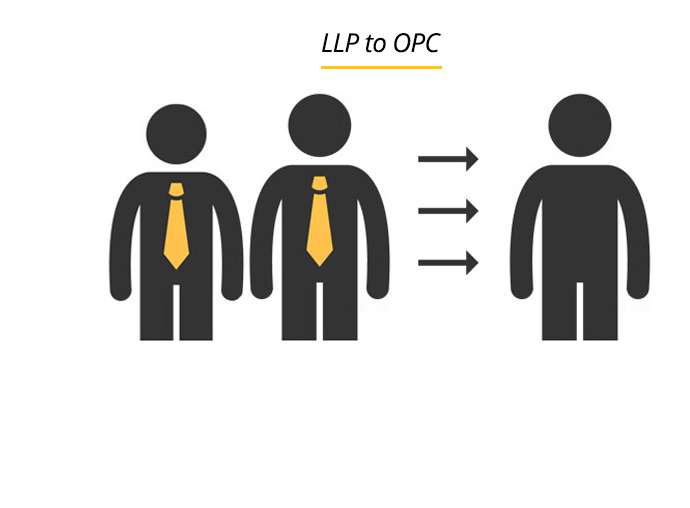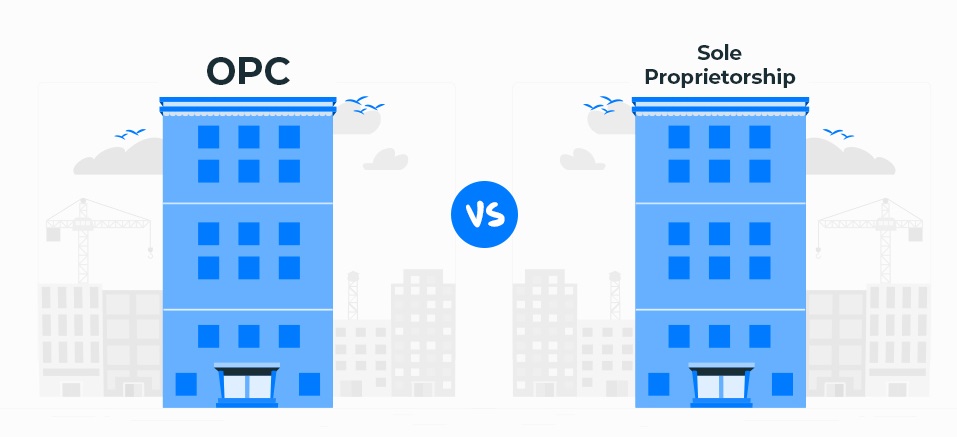OPC Registration Process in India
OPC Registration Process in India : The concept of One Person Company (OPC) was introduced in the Companies Act, 2013, to enable single entrepreneurs to establish a company with limited liability. This structure is ideal for individuals who wish to operate a business without involving partners but still want the benefits of a corporate entity.… Read More »









